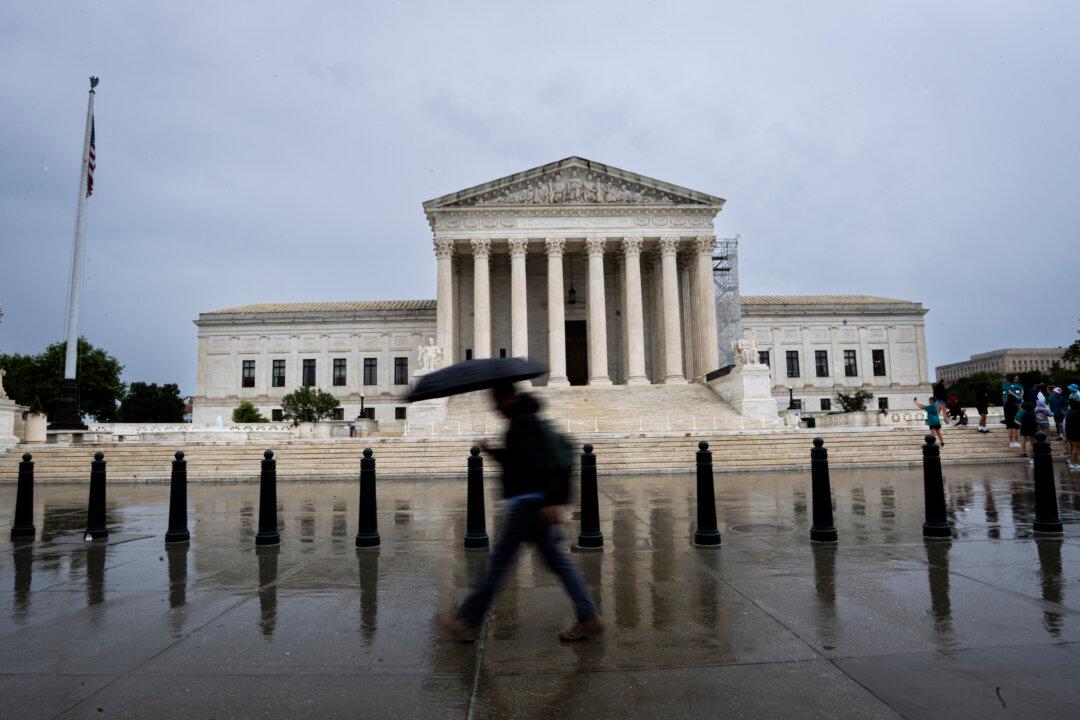The U.S. Department of Justice (DOJ) this week condemned as “racist” the century-old Insular Cases, a series of Supreme Court decisions that affect U.S. overseas territories.
Critics have long condemned the rulings because they prevent territorial inhabitants from being treated as full U.S. citizens. More recently, ideologues have denounced the legal precedents as examples of the nation’s supposed systemic racism.





